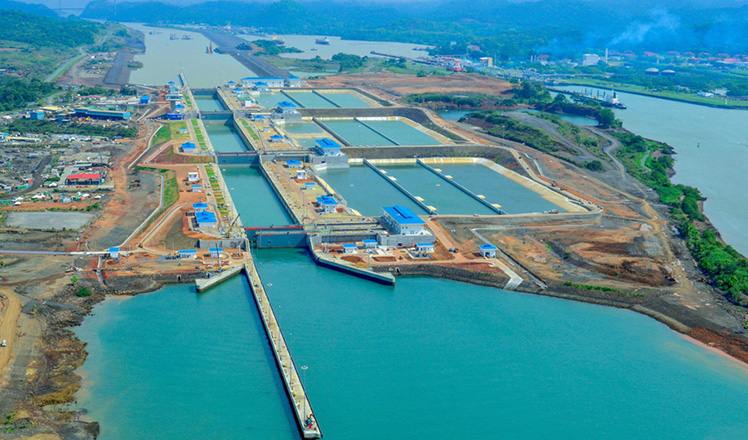Geopolitical reality main driver behind Israeli-Turkish reconciliation
Updated: 2016-06-29 11:08
(Xinhua)
|
||||||||
The poll indicted that 67 percent of Israelis believe the return on the bodies should have been a precondition to the deal.
In response to the public criticism, the Israeli prime minister's office said that Hamas was not a party in the agreement and therefore this could not be agreed to. However, they added, Turkey promised to assist in bringing the soldiers home.
When word of the agreement came out, the families erected a tent outside of Netanyahu's home in protest of the agreement. Netanyahu said he understood 'the suffering of the families.'
As part of the agreement, Turkey has agreed to ratify a law that would end all legal claims the Turkish people may have against military personnel who participated in the raid on the flotilla.
The deal comes at a time of great instability in the region.
Professor Dror Zeevi, who specializes in Middle Eastern Studies, explains the geopolitical context.
"Turkey and Israel are both kind of isolated in the Middle East. They need each other. There are lots of common issues -- ISIS, problems of Syria and Iraq. They need each other, the US and probably the world needs them to cooperate on these issues," he says.
Hours after the reconciliation was announced, there were media reports that Erdogan had apologized to Russian President Vladimir Putin over the downing of a Russian jet on the Turkish-Syrian border last year.
The timing of both is probably no coincidence -- both Turkey and Israel need to improve their positions in the fragile Middle East.
"It's a pretty good one for Israel. It paid some compensation but in financial terms, it's not much and the agreement about Gaza allows Israel to maintain some kind of control over what goes into Gaza and what goes out of Gaza and that's very important as well," Zeevi summarizes.
The blockade on Gaza has not been lifted as a result of the agreement. This means Israel has achieved its main goal, while patching up its relations with a critical neighbor in the region.
Turkey had gotten the apology it had wanted prior to Monday's announcement and Israel had already said it would agree to pay compensation. Turkey will now be allowed to send goods and aid into Gaza via Israel. This allows Erdogan to say he is helping rehabilitate the territory.
The mutual interests of both sides are being served and this will most likely guarantee the longevity of the agreement.
- Hillary Clinton boasts double-digit lead over Trump: poll
- First New York Pride March since Orlando shooting targets gun control
- Intl experts question proceedings of South China Sea arbitration
- South China Sea tribunal has no legal validity
- Cambodia positions itself along new Silk Road: media
- UK opposition leader Corbyn says will not resign after Brexit vote

 Made-in-China regional jet starts commercial operation
Made-in-China regional jet starts commercial operation
 Iceland shock England 2-1 to reach quarterfinals
Iceland shock England 2-1 to reach quarterfinals
 Former NBA player Kobe instructs young players
Former NBA player Kobe instructs young players
 The world in photos: June 20-26
The world in photos: June 20-26
 Panama Canal opens with Chinese ship making first passage
Panama Canal opens with Chinese ship making first passage
 Eco-friendly farming system introduced to NE China
Eco-friendly farming system introduced to NE China
 UK votes to LEAVE the EU in historic referendum
UK votes to LEAVE the EU in historic referendum
 Aussie Ben Simmons picked by 76ers as No 1 in NBA Draft
Aussie Ben Simmons picked by 76ers as No 1 in NBA Draft
Most Viewed
Editor's Picks

|

|

|

|

|

|
Today's Top News
Abe's blame game reveals his policies failing to get results
Ending wildlife trafficking must be policy priority in Asia
Effects of supply-side reform take time to be seen
Chinese State Councilor Yang Jiechi to meet Kerry
Chinese stocks surge on back of MSCI rumors
Liang avoids jail in shooting death
China's finance minister addresses ratings downgrade
Duke alumni visit Chinese Embassy
US Weekly

|

|








